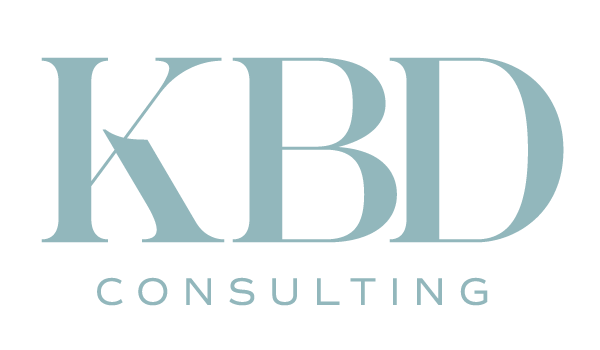The benefits of behavioral-based interviewing – for candidates and the hiring organization – are significant. And…I’ve seen that approach take a turn where the entire interview is scripted in such a way that causes hiring managers to nod politely to HR and shift behind closed doors into “trust your gut” mode.
I get it. We spend a significant amount of time with our colleagues, doing important work together. We want to feel in control of these decisions and being handed a script diminishes our sense of agency in the process. There’s a way forward that honors consistency across candidates and brings the individual perspectives of the hiring team into the room.
An effective hiring process includes frameworks to consistently assess all candidates against the same set of competencies while also engaging the unique blend of experience, wisdom, and talent of every individual in the room.
What does it look like to use a behavioral-based approach and bring your unique self into the interview?
1. Identify the competencies, skills and mindsets most needed for success in this role. This list is something the hiring team is best positioned to create and is the basis for your interview questions and scoring rubric.
2. Develop a set of behavioral-based questions with a scoring rubric that allows you to create a consistent experience for every candidate. These questions often use starter phrases like, “tell me about a time when…”
3. In your interview prep conversation, talk as a team about the unique lens you each look through. Someone on the team may be the “detail person” while someone else looks through the lens of effective collaboration. Bring those unique perspectives to the interview, listen for those nuances and ask follow-up questions from your own distinct perspectives.
4. Commit to checking your “gut instinct” – which is often an affinity bias – with your hiring team. It doesn’t help any of us to pretend we don’t have gut instincts. And attempting to silence that nagging voice usually means it just finds a way to the decision making table that could be beneath your awareness. We make stronger hiring decisions when we can talk about, and interrogate, these gut instincts with our hiring team. Get granular and name what’s underneath your gut feeling. Where do you have relevant information from the conversation with the candidate to refute or back up the sense you’re getting?
It may well be worth a follow-up conversation with the candidate to give them the opportunity to share experiences that speak to the worry or enthusiasm that’s sparked for you.
A couple of other things on my radar this week – the love we feel for our very old dogs, this article that points to the way concrete language helps people feel heard and this recipe that I’ll be adapting (no coconut😝!) this weekend.
– KBD

